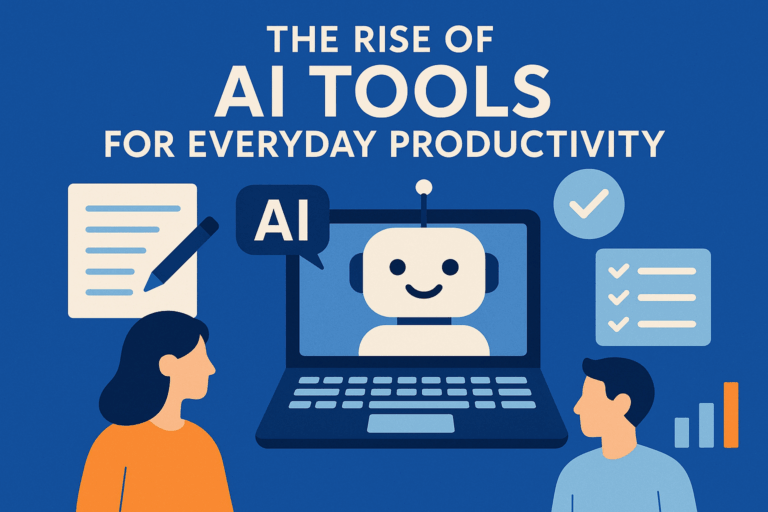How To: Effective Strategies for Improving Your Website’s Search Engine Rankings
To truly enhance your website’s visibility and establish a strong online presence, it is imperative to adopt a comprehensive, holistic approach that seamlessly combines both on-page and off-page SEO strategies. This integrated method ensures that every aspect of your website and its surrounding digital environment works cohesively to improve search engine rankings and attract targeted visitors. Optimizing your website’s structure plays a foundational role in this process; it involves creating a logical, user-friendly architecture with clear navigation, fast-loading pages, mobile responsiveness, and properly structured URLs. These elements not only improve user experience but also make it easier for search engines like Google and Bing to crawl your site efficiently, understand the hierarchy of your content, and index it appropriately. Proper internal linking, carefully crafted meta tags, descriptive headings, and structured data markup further enhance search engine comprehension.
Alongside technical optimization, building high-quality backlinks from reputable, authoritative sources is equally crucial. Off-page strategies focus on earning external links from relevant industry websites, influential blogs, and credible news outlets. These backlinks act as votes of confidence, signaling to search engines that your website is trustworthy and valuable. Engaging in guest posting, digital PR campaigns, or creating shareable content such as infographics and comprehensive guides can significantly boost your backlink profile. The quality of these links is more important than quantity, as they can dramatically improve your site’s domain authority and credibility in the eyes of search algorithms.
Consistently updating your website’s content with fresh, relevant, and keyword-rich information is another vital component of a successful SEO strategy. Regularly adding new blog posts, news updates, case studies, or multimedia content keeps your site active and engaging for visitors. This ongoing content development not only encourages repeat visits but also signals to search engines that your site is current and valuable, which can positively influence rankings. Additionally, optimizing your content with carefully researched keywords helps ensure that your pages are discoverable by users searching for related topics within your niche or industry.
Utilizing analytics tools such as Google Analytics, Search Console, or other specialized SEO monitoring platforms allows you to track your website’s performance meticulously. These tools provide actionable insights into user behavior, traffic sources, keyword performance, and technical issues. By analyzing this data, you can identify strengths and weaknesses in your SEO efforts, recognize trends, and uncover new opportunities for growth. For example, you might discover that certain keywords are driving high traffic, prompting you to create more content around those topics, or identify technical issues that hinder your site’s visibility and need prompt fixing.
Refining your SEO tactics based on these analytics insights ensures that your strategies remain effective and adapt to changing search engine algorithms and user preferences. Implementing A/B testing, adjusting keyword targeting, or optimizing page load speeds are ways to continuously improve your website’s search performance. This process of ongoing optimization fosters an environment where your online presence evolves as the digital landscape shifts.
By diligently applying these integrated, multi-faceted strategies technical on-page improvements, authoritative off-page link building, fresh content updates, and data-driven refinements—you create a strong foundation for your website’s growth. Over time, this comprehensive approach will lead to higher search engine rankings, increased organic traffic, and ultimately, sustainable online success. Consistency, patience, and a willingness to adapt are key to reaping the long-term benefits of a well-executed SEO plan, ensuring your website remains competitive and visible amidst the ever-evolving digital marketplace.

Building relationships with external websites and industry influencers is a powerful way to enhance your site’s authority and visibility. By cultivating genuine partnerships and earning high-quality backlinks, you not only improve your search rankings but also expand your reach to broader audiences. Engaging in strategic outreach efforts such as collaborating with thought leaders, participating in industry forums, or contributing expert insights can facilitate the acquisition of relevant, authoritative links. Additionally, leveraging social media platforms to promote your content increases its chances of being shared and linked to by reputable sources. Remember, the key to successful external linking is focusing on relevancy and trustworthiness; links from sites within your niche that are well-respected will carry significantly more weight in boosting your SEO efforts. Consistently earning and maintaining these valuable external links reinforces your website’s credibility and accelerates your journey toward higher search engine rankings.
Find More: Home


